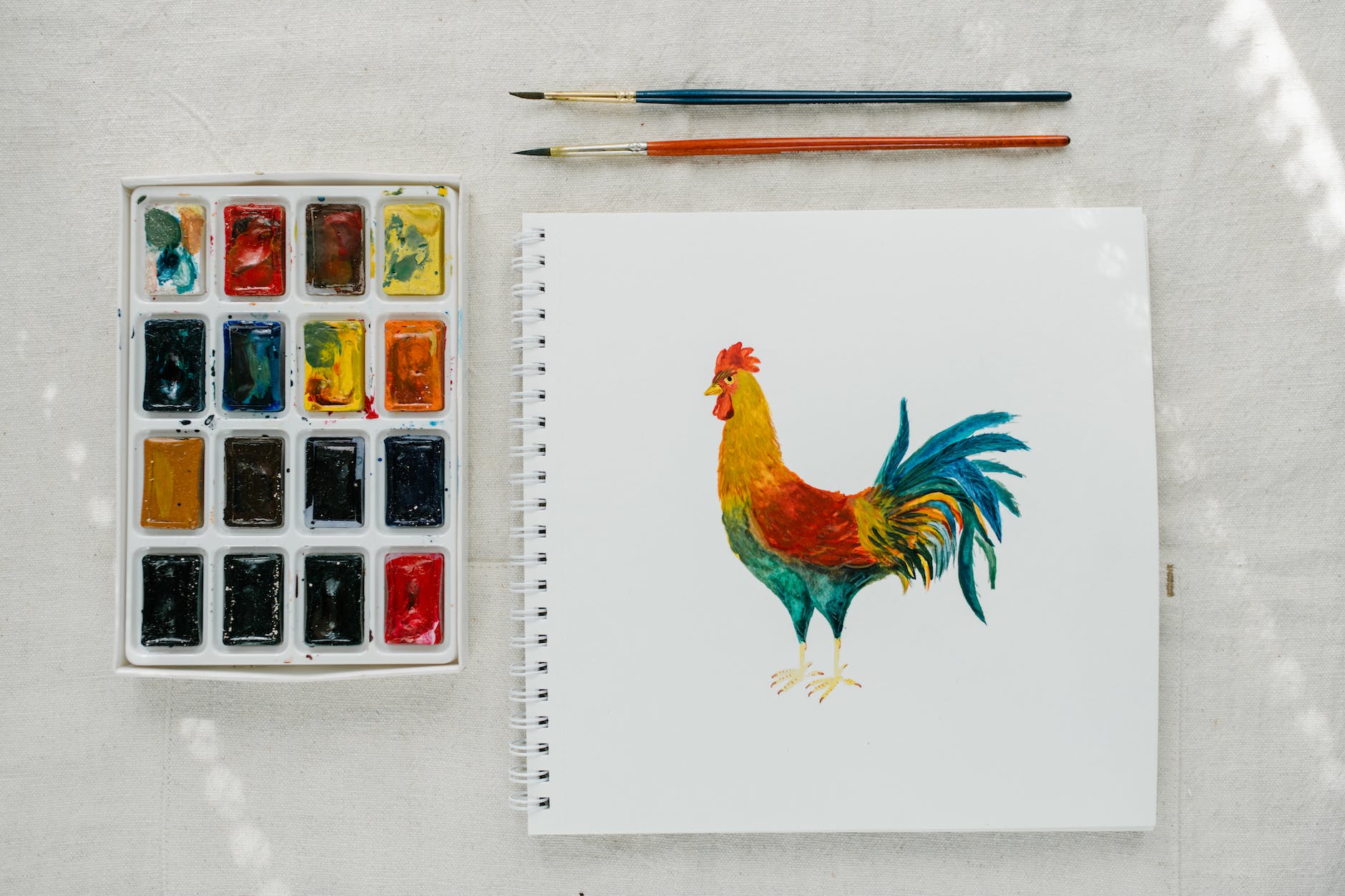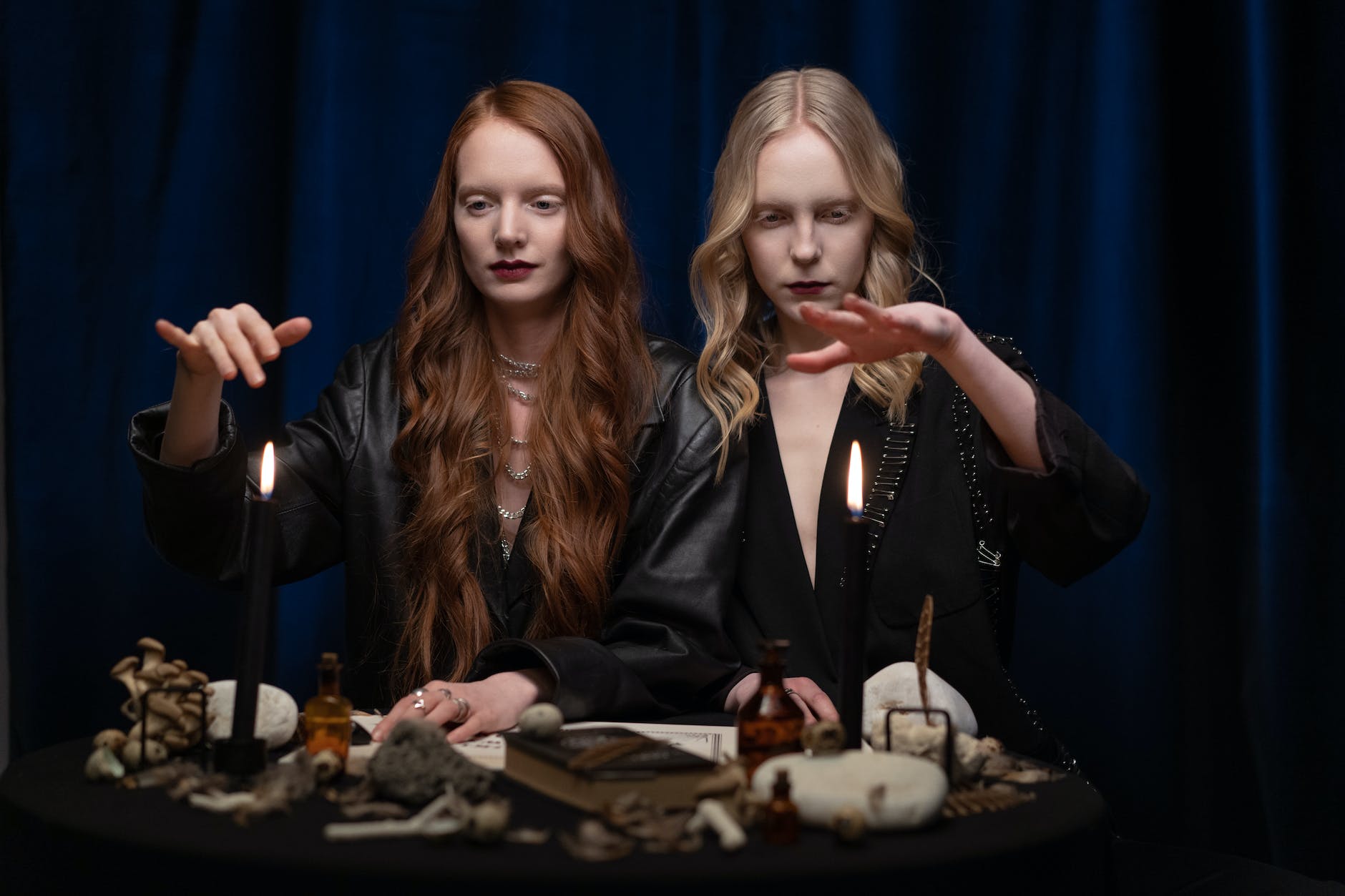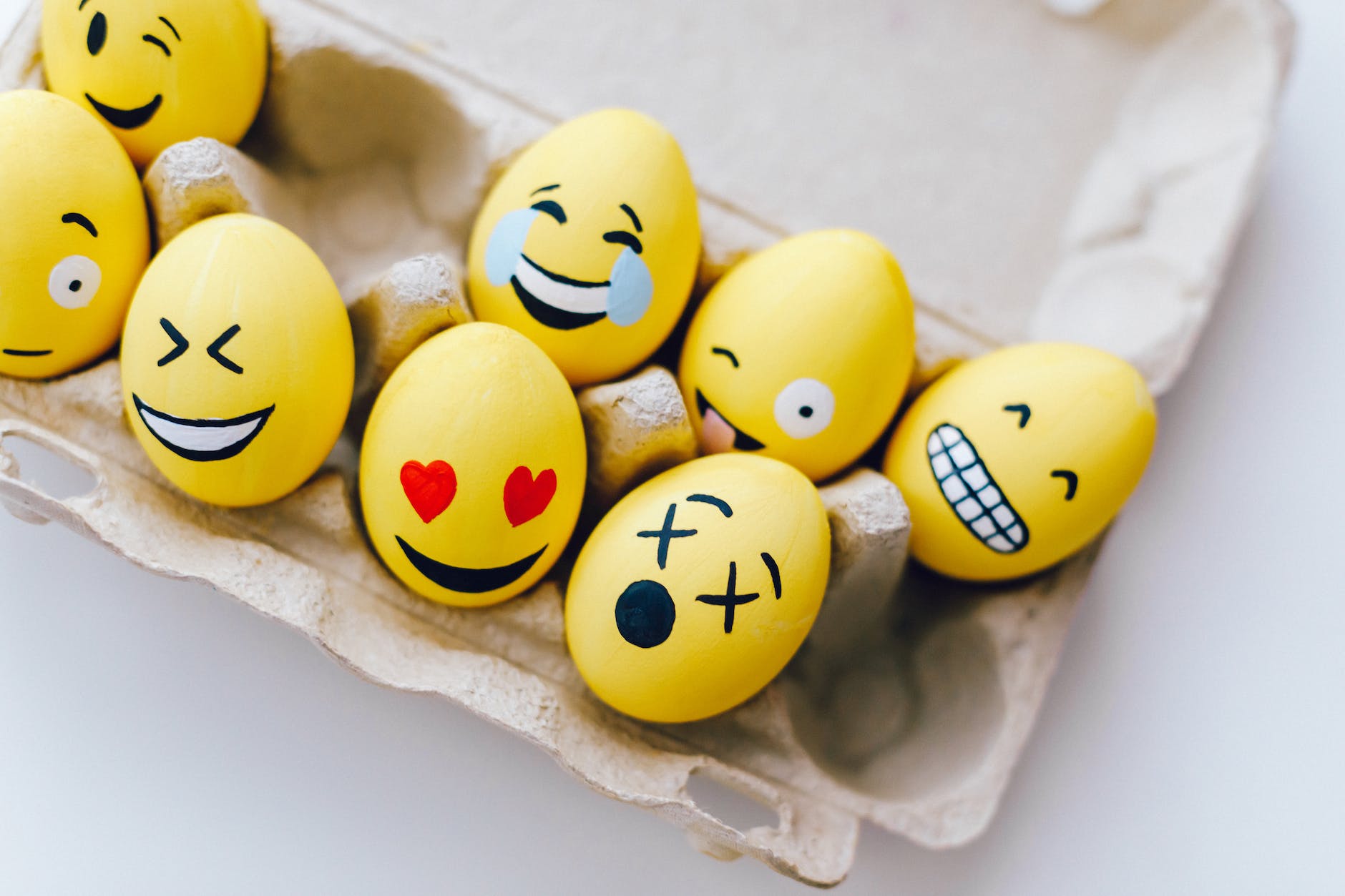Throughout the annals of history, the human mind has been intrigued by the vast landscapes of consciousness and its underexplored pathways, especially those linked to altered states of consciousness. In particular, the use of substances like psychedelics has a long history, with some cultures regarding them as spiritual conduits and others viewing them as sources of artistic inspiration. A deeper examination of the connection between creativity and psychedelics is thus warranted, and such an investigation can inform greater insights into artistic expression, self-expression, and overall human cognition.
Research has demonstrated that psychedelics have the potential to enhance creative thinking, essentially tapping into the unconscious mind and unearthing new perspectives. This potentially transformative shift in cognition, often cited as an ‘eureka’ moment, can often bring profound visions that translate into original works of art, music, writing, or scientific discovery. Crespi, for example, argues that the psychedelic substance psilocybin promotes divergent thinking – a factor highly associated with creativity and psychedelics.
A crucial factor contributing to this creativity surge is the altered state of consciousness achieved during psychedelic experiences. This unique mental state catalyses a loosening of cognitive associations that usually aren’t accessible in normal states of alertness, providing a platform for novel thoughts and ideas to arise. Psychedelics can enhance pattern recognition and allow the user to perceive connections that aren’t apparent in normal mental states.
One poignant testament to the potential of psychedelics in spurring creativity is the story of Nobel laureate Francis Crick. He famously claimed to have perceived the double-helix structure of DNA while under the influence of LSD. Although direct causal links between psychedelic experiences and specific scientific breakthroughs are difficult to prove, such anecdotes emphasize the significant impact psychedelics can have on cognitive processes and potentially groundbreaking creativity.
The use of psychedelics in therapeutic settings has also garnered academic interest. Art therapy integrated with psychedelic experiences can enable individuals to explore their subconscious in a controlled environment, fostering emotional release and psychological healing. Such therapeutic practices underscore the profound potential of psychedelics as tools for self-expression and introspection.
While the association between psychedelics and creativity remains promising, it’s important to recognize the risks and limitations. Psychedelics are powerful substances that can bring to surface deeply buried emotions and traumatic experiences. This can lead to uncomfortable, even distressing experiences, and as a result, they’re not suitable for everyone. In addition, while they can stimulate creative thought, they’re not guaranteed to do so, and their effects can vary greatly from person to person.
Looking to the future, it is hoped that ongoing research may yield a more comprehensive understanding of the relationship between altered states of consciousness, psychedelics, and creativity that can potentially benefit various fields from art to neuroscience. It’s important to remember, however, that these substances should always be used responsibly, under professional supervision, and with an inherent respect for their power.
Ultimately, the exploration of the relationship between psychedelics and creativity is not just about finding new sources of artistic inspiration or scientific breakthroughs. It’s a trajectory into understanding the power of human cognition and the vast, intricate pathways of consciousness. It aids in the ongoing mission of human self-discovery- revealing how altered states of perception can shape reality, self-expression and how we interact with our world.
Sources:
1. The Guardian – Altered states of consciousness
2. Heffter Research Institute – Artistic Inspiration
3. Frontiers in Psychology – Creativity and psychedelics
4. The Guardian – Psychedelic Experiences
5. Time Magazine – Art therapy and psychedelics






